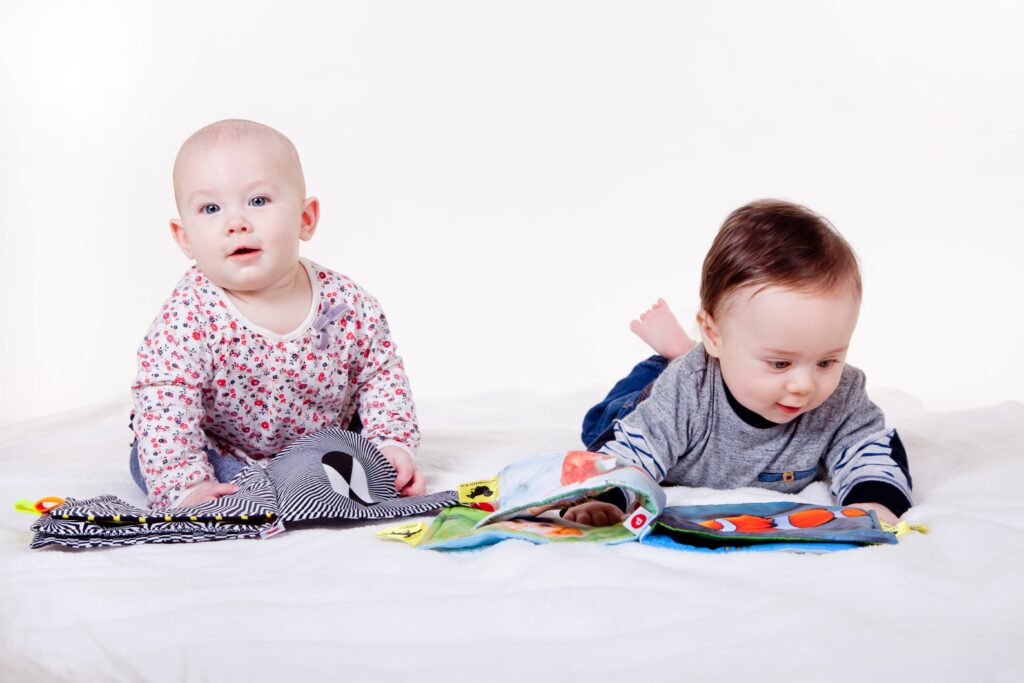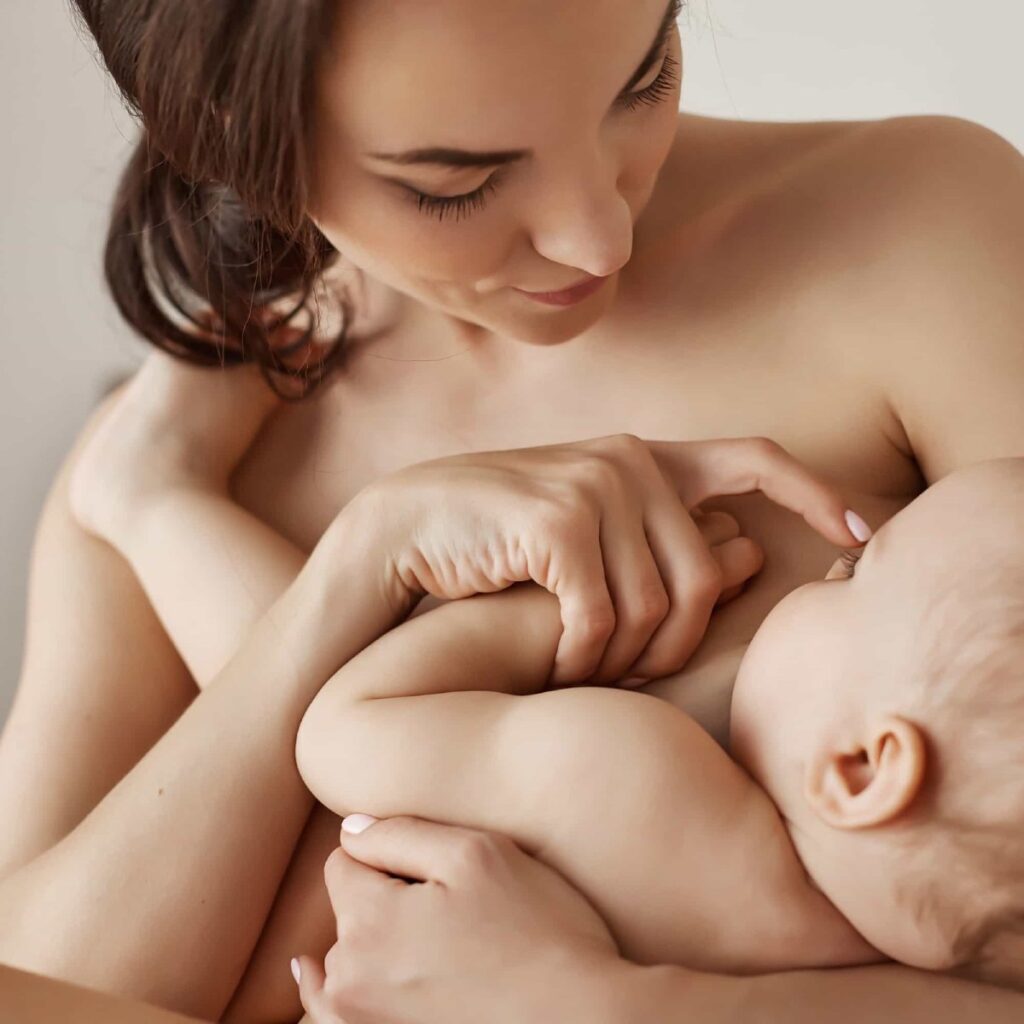Why Do Babies Get Hiccups? Understanding the Causes and How to Help Your Infant
Welcome to our article, where we will dive into the fascinating world of baby hiccups! If you’ve ever wondered why your little one gets hiccups and how you can help them, you’ve come to the right place. Hiccups are a common occurrence in infants and can sometimes be a cause for concern among parents.
However, understanding the causes behind these adorable yet annoying hiccups can help ease your worries and enable you to provide the necessary comfort to your baby.
What Causes Baby Hiccups?
Baby hiccups occur when the diaphragm, a muscle beneath the lungs, contracts involuntarily. This sudden contraction causes the vocal cords to close, producing the “hic” sound. Although the exact cause of hiccups in babies is not known, several factors are believed to contribute to their occurrence:
-
- Feeding: Babies often get hiccups after feeding, mainly if they have eaten too quickly or swallowed air. This is especially common in bottle-fed infants.
-
- Overfeeding: Feeding your baby excessively or too quickly can also lead to hiccups. It is essential to ensure you follow the recommended feeding guidelines for your child’s age.
-
- Immature Nervous System: Babies’ nervous systems are still developing, and their diaphragms may be more sensitive to stimuli, making them prone to hiccups.
-
- Temperature Changes: Sudden temperature changes, such as moving from a warm room to a cooler one, can trigger hiccups in babies.
-
- Emotional Excitement: Sometimes, intense emotions or excitement can cause hiccups in infants, just as in adults.
How to Help Your Baby with Hiccups
While hiccups are generally harmless and tend to resolve on their own, there are a few things you can do to help your baby find relief:
-
- Offer a Pacifier: Sucking on a pacifier can help soothe your baby’s diaphragm and distract them from the hiccups.
- Burp Your Baby: If your baby’s hiccups are due to swallowing air during feeding, try burping them gently to release any trapped air.
- Change Positions: Changing your baby’s position, such as holding them upright or placing them on their stomach, can sometimes help alleviate hiccups.
- Wait it Out: In most cases, hiccups will disappear shortly. Sometimes, all your baby needs is a bit of time.
When to Seek Medical Advice
Hiccups are generally harmless and a regular part of your baby’s development. However, if your baby’s hiccups persist for an extended period, are accompanied by other concerning symptoms, or seem to cause distress, it is best to consult your pediatrician. They can provide you with personalized advice and address any underlying issues that may be causing the hiccups.
Remember, hiccups are just another curious quirk of your little one’s growing body. With some understanding and comforting techniques, you can quickly help your baby navigate these hiccup-filled moments.
Can breastfeeding or bottle-feeding trigger hiccups in infants?
Yes, both breastfeeding and bottle-feeding can potentially trigger hiccups in infants. Hiccups in babies are quite common and can be caused by various factors, including feeding. When babies feed, they may swallow air, which can lead to hiccups.
Additionally, sucking during breastfeeding or bottle-feeding can stimulate the diaphragm and cause hiccups. However, hiccups in infants are generally harmless and should be resolved independently without any intervention.
How long do baby hiccups last, and when should I be concerned?
Baby hiccups are pretty common and generally harmless. They often start in the womb and can continue after birth until the baby is around six months old. Baby hiccups typically last a few minutes and may occur several times daily. They are usually not a cause for concern.
However, if your baby’s hiccups are accompanied by other symptoms such as vomiting, difficulty breathing, or irritability, it could be a sign of an underlying issue, and you should consult a healthcare professional. Additionally, if the hiccups last for an extended period or seem to cause discomfort or distress to your baby, it is advisable to seek medical advice.
What are some natural remedies to relieve hiccups in babies?
Hiccups in babies are common and usually harmless. Here are some natural remedies that might help relieve hiccups in babies:
1. Burping: Hiccups can be caused by swallowing air during feeding. Burping your baby after each feeding can help release trapped air and reduce hiccups.
2. Gripe water: Gripe water is a mixture of herbs and water that can be used to soothe digestive discomfort in babies. It may help relieve hiccups as well. Consult with your pediatrician before using gripe water.
3. Changing feeding positions: If your baby often gets hiccups during or after feeding, try changing their feeding position. This can help reduce the chances of swallowing air.
4. Pacifier: Sucking on a pacifier can help stimulate the baby’s swallowing reflex, which may help stop hiccups.
5. Distraction: Sometimes, hiccups can be caused by excitement or stimulation. Distracting your baby with a toy or playing soothing music might help.
6. Gentle stimulation: Lightly rubbing or patting your baby’s back may help relax their diaphragm and stop hiccups.
7. Adjusting room temperature: Some babies may get hiccups due to being too cold or too hot. Make sure the room temperature is comfortable and appropriate for your baby.
Remember, hiccups in babies usually go away on their own and don’t require treatment. However, if your baby’s hiccups persist for a long time or are accompanied by other concerning symptoms, it is best to consult a pediatrician.
Why do newborns get hiccups more frequently than older babies?
Newborns tend to get hiccups more frequently than older babies due to their immature digestive system. The diaphragm, responsible for the hiccups, may be more easily triggered in newborns as it is still developing and adjusting to the outside world.
Additionally, newborns may swallow more air while feeding or crying, which can contribute to hiccups. As babies grow and their digestive system matures, hiccups occur less frequently.


